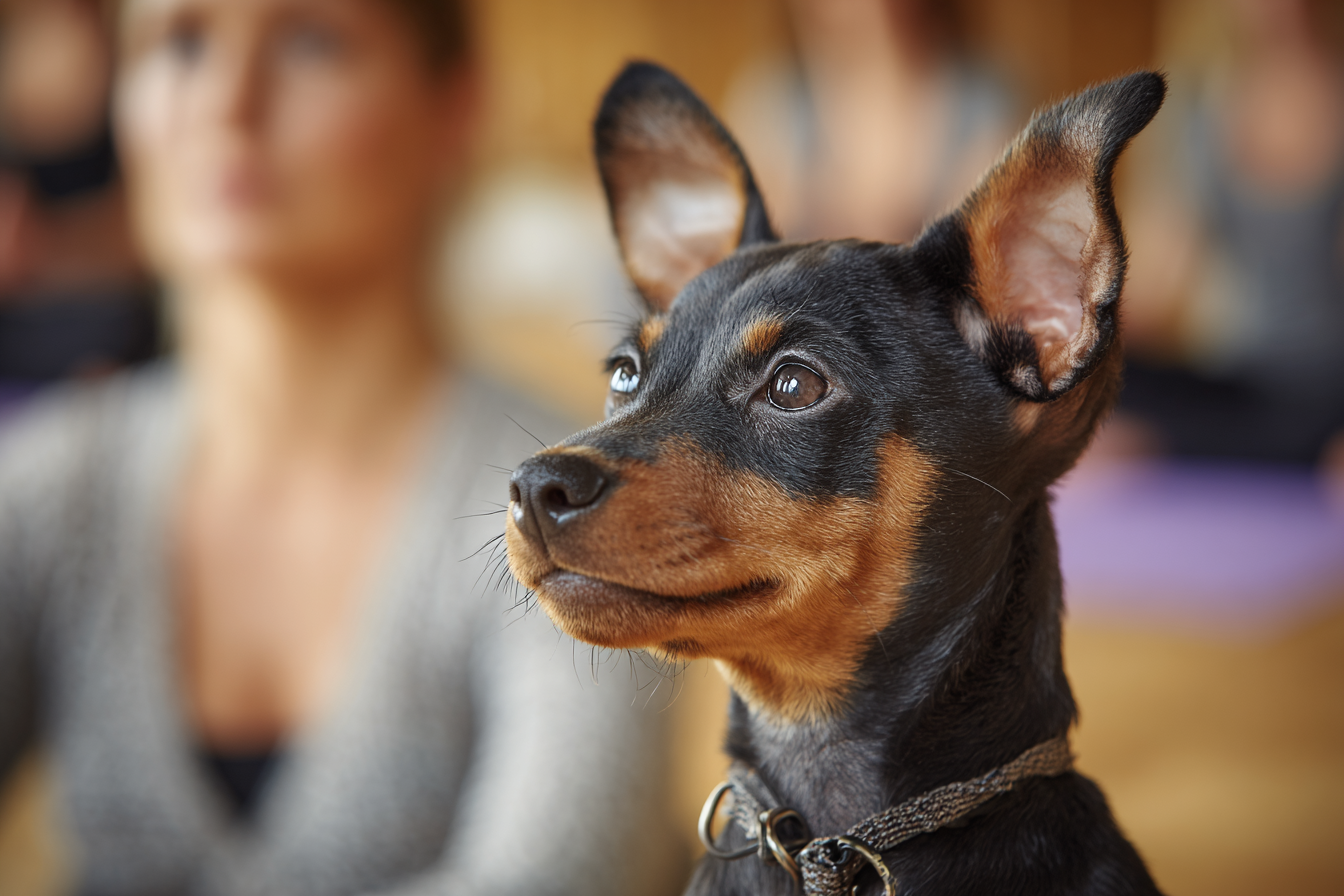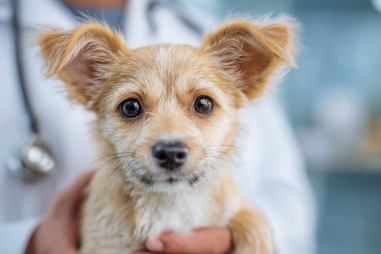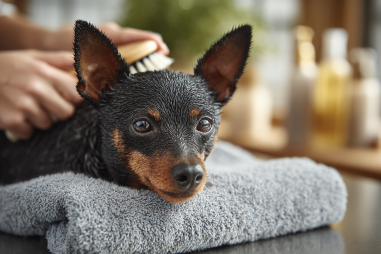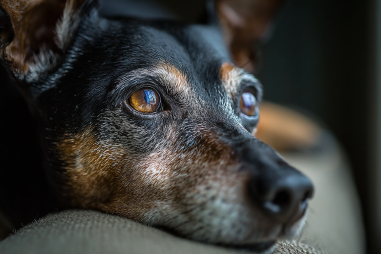Training a Miniature Pinscher can be an exciting journey filled with energy, determination, and plenty of rewards. Known for their spirited personality, these little dogs may be small in size but are mighty in attitude and intelligence. Understanding their unique temperament and needs is key to effective training. Whether you’re bringing home a new pup or working with an older dog, this ultimate training guide will provide you with practical tips and insights. From mastering basic commands to proper socialization and managing their lively nature, you’re about to discover how to raise a well-behaved and happy Miniature Pinscher.
Understanding Miniature Pinscher Intelligence and Behavior
The Miniature Pinscher, often affectionately called the “Min Pin,” is a breed celebrated for its high energy and sharp intellect. They are incredibly alert and curious, often displaying a fearless attitude that can make training both rewarding and challenging. This breed is known for its independence, which means they won’t always be eager to follow commands unless properly motivated.
Min Pins thrive on mental stimulation and need consistent interaction and challenges to keep boredom at bay. Their intelligence makes them quick learners, but it also means you must maintain variety and keep training sessions engaging. If left unchallenged, they may develop behavioral issues due to pent-up energy or frustration.
Being naturally territorial and lively, Miniature Pinschers can sometimes be wary of strangers or new environments. Early and ongoing socialization, combined with training, helps prevent aggressive tendencies and encourages a well-rounded temperament.
Mastering Basic Obedience Commands
Starting with basic obedience is the foundation for a well-trained Miniature Pinscher. Teaching simple commands like sit, stay, come, and down not only establishes good manners but also helps you build a strong bond of trust and respect with your dog.
Here are some tips to get you started with basic commands:
- Be consistent: Use the same word and gesture for each command every time you train.
- Keep sessions short and sweet: Miniature Pinschers have a relatively short attention span, so 5 to 10 minute training sessions several times a day work best.
- Use positive reinforcement: Reward your pup with treats, praise, or play whenever they successfully follow a command.
- Patience is key: This breed can be stubborn, so stay calm and avoid harsh corrections.
For instance, when teaching “sit,” hold a treat close to your dog’s nose and slowly move it upwards over their head. As their head follows the treat, their bottom naturally lowers into a sitting position — once they sit, reward them immediately.
House Training Essentials for Your Miniature Pinscher
House training is a critical step that new Miniature Pinscher owners must tackle early on. Due to their small size, accidents can be frequent, but with patience and a structured routine, success is within reach.
Key strategies for house training include:
- Establish a schedule: Take your Miniature Pinscher outside first thing in the morning, after meals, and before bedtime.
- Choose a designated potty spot: Consistently bring your pup to the same spot outside—it helps them associate the area with bathroom breaks.
- Watch for signs: Pacing, sniffing, or circling indoors often indicate your dog needs to go outside.
- Use positive praise: Immediately reward and praise your dog when they release outside to reinforce good behavior.
- Limit freedom initially: Use crates or gated areas to prevent your dog from wandering and having accidents unsupervised.
Consistency plays a huge role in house training, and setbacks are normal. Stay patient, keep your schedule, and soon your Miniature Pinscher will be reliably house-trained.
Socializing Your Miniature Pinscher with Other Dogs and People
Socialization is essential for Miniature Pinschers, whose natural suspicion of strangers and territorial nature can lead to undesirable behaviors if not addressed early. Exposing your pup to a wide range of people, environments, and other dogs helps build confidence and reduces anxiety or aggression.
Some socialization strategies include:
- Arrange playdates: Introduce your Miniature Pinscher to friendly and vaccinated dogs in controlled settings.
- Visit public places: Take your puppy to dog-friendly parks, pet stores, or busy outdoor venues to experience new sights and sounds.
- Positive experiences: Reward your dog when they behave calmly and confidently around new people and animals.
- Enroll in puppy classes: Professional training environments can enhance social skills and obedience simultaneously.
- Gradual exposure: Slowly increase the level of stimulation—avoid overwhelming your dog to prevent fear responses.
Early socialization (ideally before 16 weeks old) sets the stage for a well-adjusted adult dog who feels comfortable in diverse situations.
Managing Energy and Preventing Boredom
One of the biggest challenges with Miniature Pinschers is managing their high energy levels. These dogs were bred for hunting and require ample physical activity and mental stimulation to remain balanced and happy.
To keep your Min Pin from becoming destructive or anxious due to boredom, consider these activities:
- Daily exercise: Incorporate walks, runs, or play sessions to burn off excess energy.
- Interactive toys and puzzles: Use treat-dispensing toys or puzzle games to challenge their mind.
- Training sessions: Continue teaching new tricks or commands to keep their brain engaged.
- Agility or obedience sports: These dogs often excel in dog sports, providing a fun and productive outlet.
- Rotate toys: Keep a variety of toys accessible but rotate them regularly to maintain interest.
When their energy is managed well, Miniature Pinschers become more relaxed, easier to train, and less prone to developing problematic behaviors.
Common Training Mistakes to Avoid
Training a Miniature Pinscher requires a thoughtful approach, but it’s easy to fall into some common pitfalls. Being aware of these mistakes will save both you and your dog frustration.
- Inconsistency: Changing commands, rules, or routines confuses your dog and slows progress.
- Harsh discipline: This breed responds poorly to punishment or yelling, which can damage your relationship and lead to fear-based behaviors.
- Skipping socialization: Neglecting early social experiences can result in aggression or anxiety issues.
- Overtraining: Long or frequent sessions can exhaust your dog’s focus and enthusiasm.
- Ignoring mental exercise: Focusing only on physical activity misses a critical component of their well-being.
- Not addressing behavior issues early: Problems like excessive barking or nipping are easier to correct when caught early.
Approach training with patience, positivity, and persistence, and you’ll avoid these pitfalls and build a strong foundation for lifelong good behavior.
Training a Miniature Pinscher might require some extra effort due to their spirited personality, but it’s ultimately a fulfilling experience. By understanding their unique behavioral traits, focusing on consistent obedience, providing ample socialization and exercise, and avoiding common mistakes, you will nurture a happy, confident, and well-mannered companion. Remember, the key is to keep the training positive, engaging, and suited to your pup’s energetic spirit — your Miniature Pinscher will thank you for it with dedication and affection!







